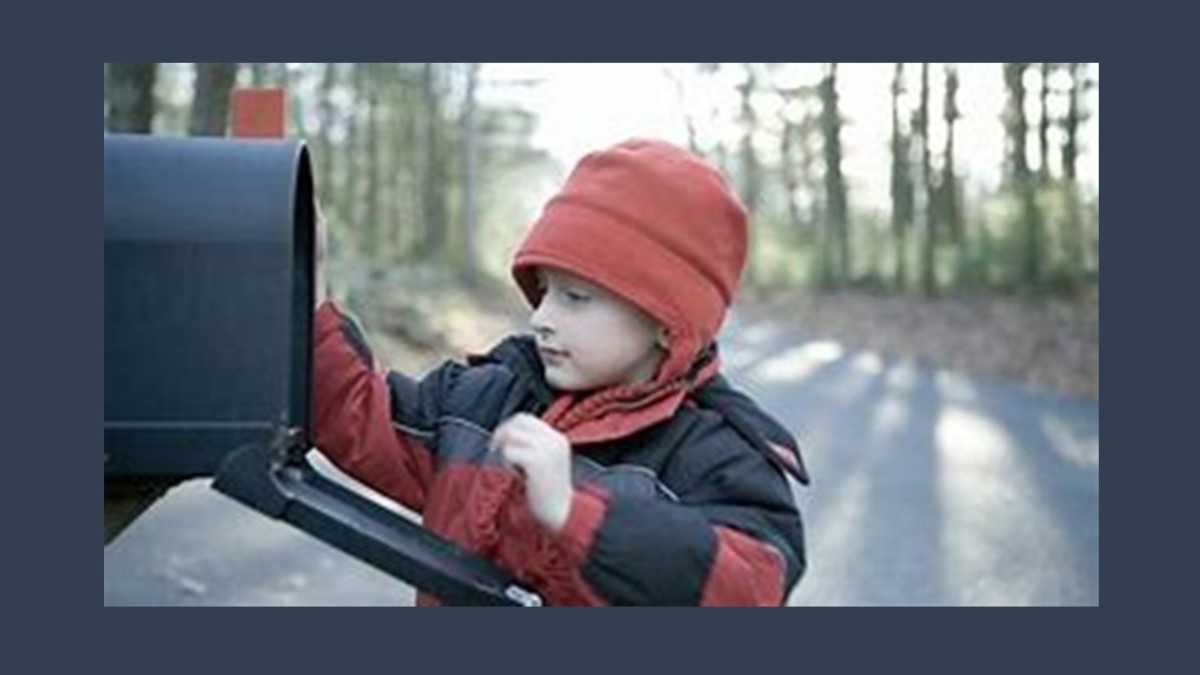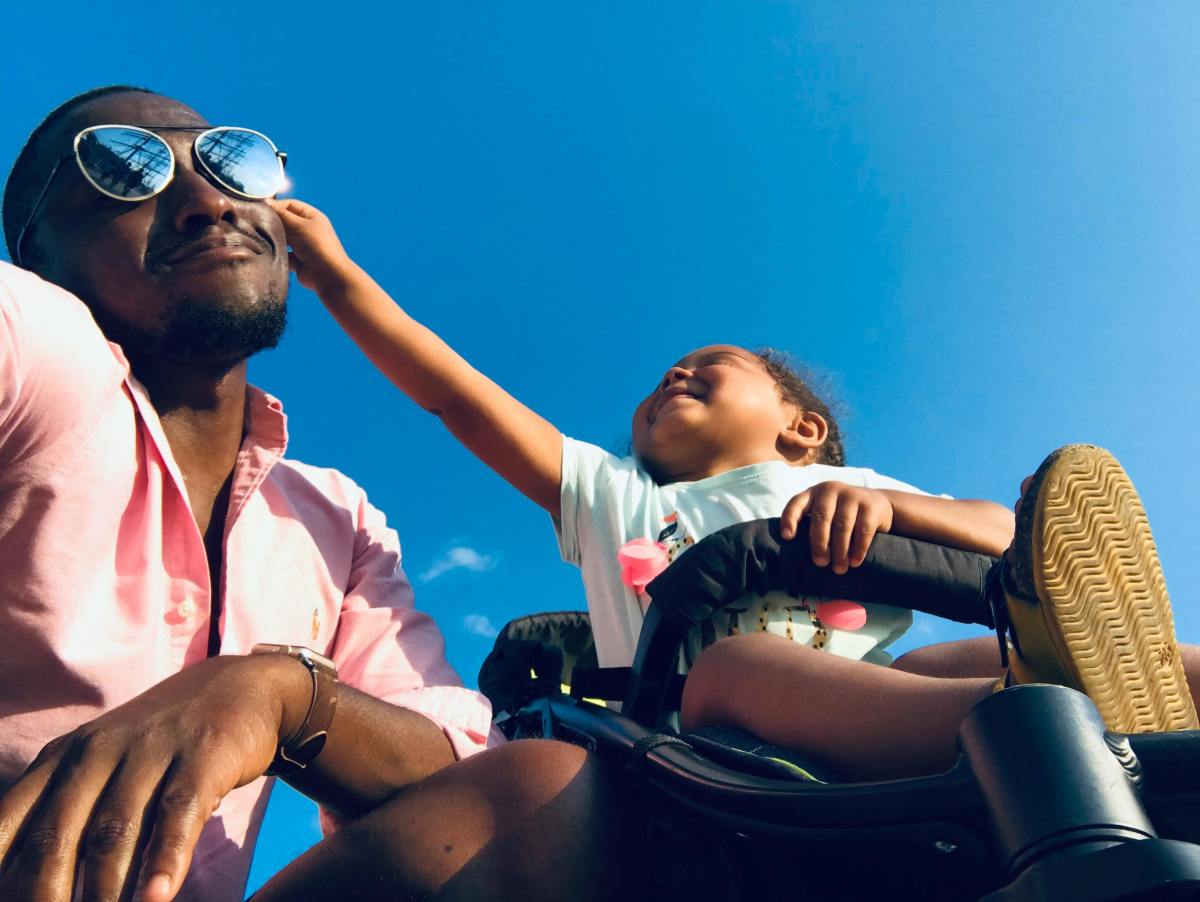How to protect your children from drugs, alcohol and tobacco

Successful parenting
Being a parent is a difficult job. It is a lifetime duty and you are never relieved of the responsibility of being a parent. Only the nature of duty changes as the child grows. Your responsibilities are different when the child is born than when he enters adolescence, and when he becomes an adult. Most of us learn how to be parents through on-the-job training and by following the example that our parents set.
Today the widespread use of alcohol and other drugs subjects our children, families, and communities to tremendous pressures. Many of us need help to deal with this frightening threat to our children’s health and well-being. If you think that your kid cannot use drug because it is only the 'bad' kid who uses drug and your kid is very good, you are mistaken. All kids are vulnerable to the lure of drugs. Normally it goes out of control before you can do anything about it. Drug abuse is a problem of not a particular class of society or of a suburban, city, place, economic group, or ethnic group, etc. It is everywhere and everybody's problem.
Facts On Drugs
- Marijuana use starts at a much younger age. The average age of first use of marijuana is 13.5 years.
- More than 15% of work force uses drugs which costs their companies more than $100 billion in terms of productivity, accidents, absenteeism, and higher health-care costs.
- 82% of high school seniors have used alcohol, 65% have smoked cigarettes, 50% have experimented with marijuana, and 9% have tried cocaine.
- The use of drugs is increasing among students.
- More than one million people are completely dependent on at least one type of illicit substance.
Facts on alcohol
- First use of alcohol begins as early as at the age of 13 years, marijuana around the age of 14 years
- About 34% of America's 12th grade students, 22% of 10th grade students, and 8% of eight grade students have drunk during the last month.
- 38% of college students have drunk alcohol more than five times in a row during the last two weeks.
- A clear relationship exists between alcohol use and grade-point average among college students.
- Children see drinking people everywhere - at home, at social celebrations, at restaurants, etc. Children become curious about alcohol and its effect on body. Parents who are clear about not wanting their children to use illicit drugs may find it harder to be tough about alcohol. Many parents may view alcohol as a less dangerous substance than other drugs.
- 4. 6 million teenagers have a drinking problem.
- About 4% of high school senior students drink alcohol every day.
- Alcohol-related accidents are the leading cause of death among young people 15 to 25 years of age.
- About half of all youthful deaths in drowning, fires, suicide, and homicides are alcohol related.
- Young people who use alcohol at an early age are more likely to use alcohol heavily and to have alcohol-related problems. They are likely to abuse other drugs and to get into trouble with the law.
- People whose body weight is lower reach a higher blood alcohol concentration level and show greater effects for longer periods of time.
Facts On Tobacco
- Smokers are 10 times as likely as nonsmokers to develop lung cancer and 3 times as likely to die at early ages from heart attack. Smoking is one of the the leading causes of early death among adults. Nicotine is the active ingredient in tobacco, which is a addictive like heroin. Cigarettes contains more than 4000 harmful substances.
- Less than 20% of smokers are able to quit the first time they try.
- 18% of high school senior students are daily smokers; 11% of them smoke 10 or more cigarettes per day.
- Those who use cigarettes are also at great risk for other drug use.
- 70% of all children try cigarettes, 40% of them at an early age before they go to high school.
- About 12% of boys and 1 percent of girls have chewed tobacco or used snuff.
Parenting dos and don'ts
- Frame out family values and family rules and make them clear to all the members of the family.
- Give to your children about physical, mental, and emotional effects of all types of drugs.
- Explain to the children why drug use does not relieve stress and other negative emotions.
- Do not use any kind of medicinal drug yourself so taht you don't give the message that drug taking solves problems.
- Do not set expectations from your children so high that the children can't meet them. This can cause stresses which can lead to drug use.
- Limit the use of alcohol and ciggeratte in the home, because children may try to test them out of curiousity.
- Give your children a sense of belonging in the family. This will protect them from feelings of alienation that can lead to involvement with anti-social elements.
- Hold regular family meetings to know about the activities of your children, about their friends.
- Assure your children that you love them and would take care of them.
- Be responsive to the needs of the children. Both the parents must work as a unity.
- If your children ask if you have ever used drugs, be honesst. Tell them about the harmful effects of the drugs and give examples of those who have suffered.
- Develop social skills like communication and responsiveness.
- Monitor children's activities, behavior, and friendship.
- If any of family members is using drug, seek help for them. You must deal the children tactfully who are observing the use.
- You may enroll you children in an anti-drug program run by the school or any organization.
- Invite the parents of your children's friends to attend meetings on drug-related problems.











